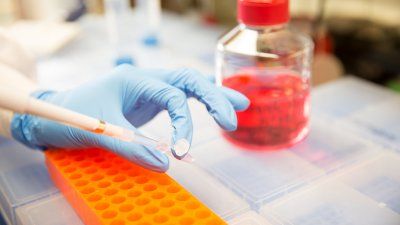UCSF Leads New Effort to Make Sense of California’s End of Life Option Act
UCSF is part of a team that is surveying key stakeholders about their policies and experiences with California’s End of Life Option Act.
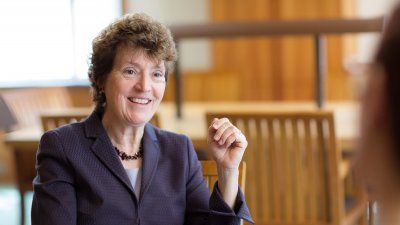
University of California San Francisco
Give to UCSFUCSF is part of a team that is surveying key stakeholders about their policies and experiences with California’s End of Life Option Act.

The University of California has sent a letter to the UC community containing guidance for students and other community members who are in the Deferred Action for Childhood Arrivals (DACA) program.

Protein engineers and neurobiologists at UCSF have teamed up to create a biological light saber — an engineered protein that can slay specific cells simply by exposing them to light.

Researchers at UCSF have identified specific gut microbes associated with MS in human patients, showing that these microbes take part in regulating immune responses in mouse models of the disease.

The University of California’s five academic cancer centers, have formed a consortium to better address California’s most pressing cancer-related problems and opportunities.
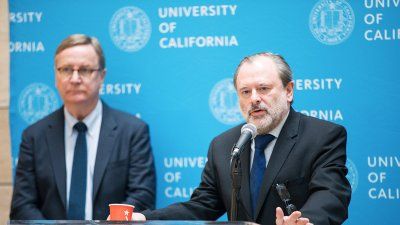
Women who receive a breast cancer diagnosis while they are still young enough to bear children can take time to freeze their eggs and embryos without fear of delaying their cancer treatment.
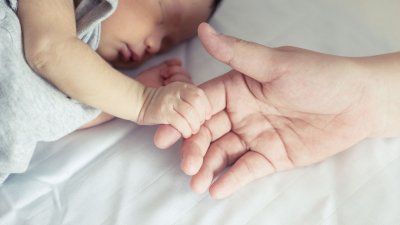
The University of California has filed suit in federal court against the Trump administration for wrongly and unconstitutionally violating the rights of the University and its students by rescinding the Deferred Action for Childhood Arrivals (DACA) program on “nothing more than unreasoned executive whim.”

UCSF held a forum Thursday to address the Trump administration’s decision to rescind the Deferred Action for Childhood Arrivals (DACA) program.
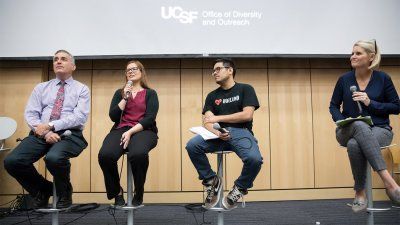
UC President Janet Napolitano issued a statement following U.S. Secretary of Education Betsy DeVos’ announcement that appears to roll back guidance by the Office of Civil Rights. The federal changes will impact how schools handle sexual violence cases under the Title IX policy.

UCSF researchers have identified a protein that links alcohol consumption with structural changes in one of the “reward centers” in the mouse brain.

UC President Janet Napolitano released a statement after President Trump announced his decision to end the Deferred Action for Childhood Arrivals program.

Edmond “Ted” Eger II, the anesthesiologist and scientist who pioneered development of modern inhaled anesthetics, died peacefully at his home in Tiburon, Calif., on Aug.26, 2017, one week shy of his 87th birthday.

Alcohol abuse, dental conditions and depression were among the top causes of avoidable emergency room visits nationally.

A UCSF study identified a cost-effective way to ensure that people with serious mental illness receive frequent cardiovascular screening: an evidence-based integrated care model that leverages technology.
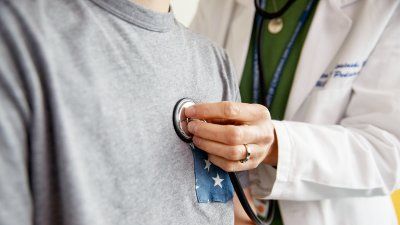
UCSF is activating a committee to consider what responses may be appropriate for UCSF to take in aiding in the aftermath of tropical depression Harvey.

UCSF scientists have developed an imaging tool that could soon allow doctors to locate and visualize bacterial infections in the body.

Research team led by University of California scientists has used a modified version of the gene-editing technique CRISPR to find enhancers by prompting them into action.
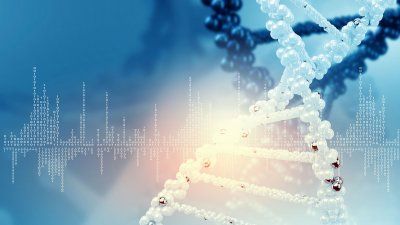
UCSF Benioff Children’s Hospitals will pioneer stem cell transplants for a uniquely challenging patient population: second-trimester fetuses stricken with a potentially fatal disease.
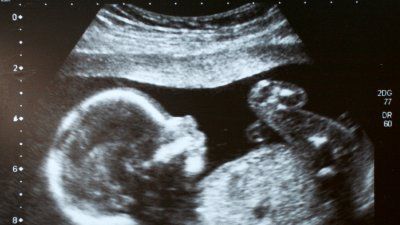
A team of UCSF researchers will receive $11.7 million over four years from the National Institutes of Health to launch a new Program in Prenatal and Pediatric Genomic Sequencing at UCSF.
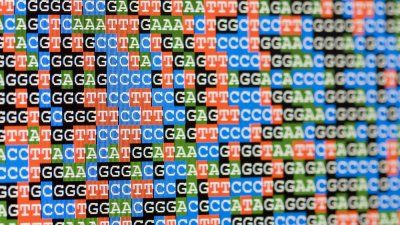
Klaus conducted seminal research on mother-infant bonding, work that helped to establish the field of neonatology.

Throughout the years, UCSF faculty, students and staff have set up several unique summer programs that expose young students from underrepresented minorities to science and clinical research.
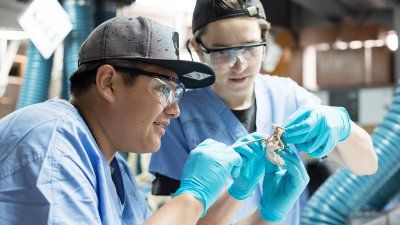
A new study by UCSF researchers raises a red flag against adding antibiotics when growing cells in labs, finding that it can induce unintentional genetic changes in the cells and distort test results.
